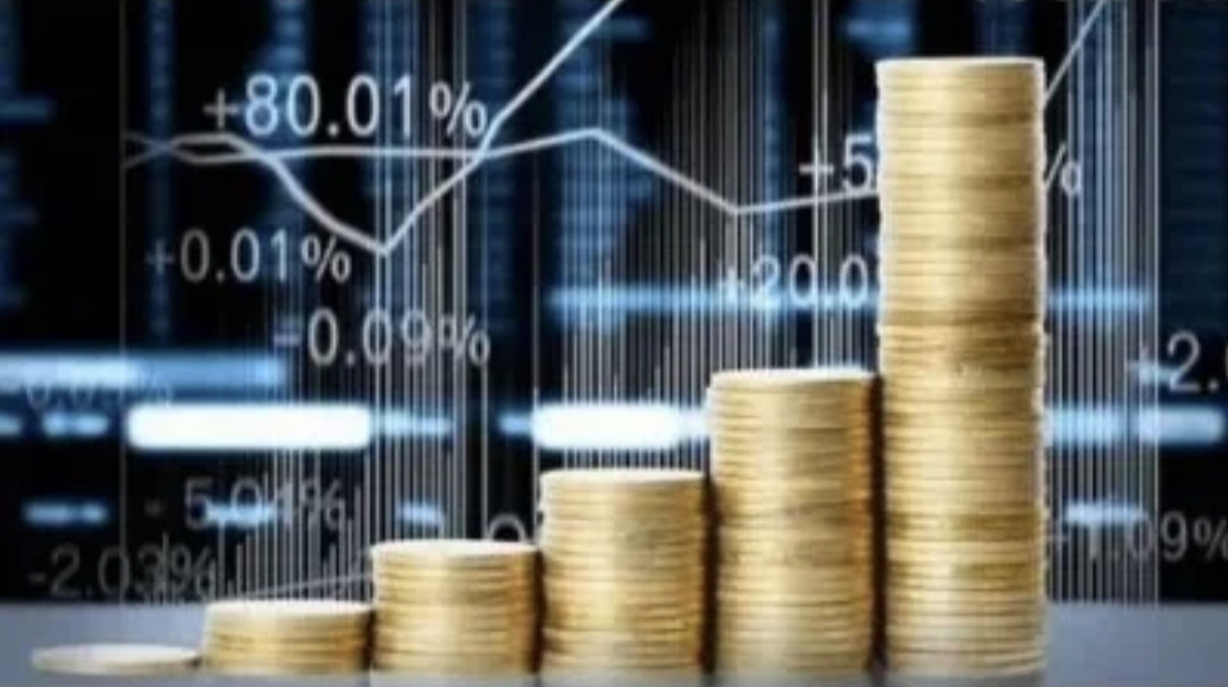
Goldman Sachs' latest report reveals a silent cost-shifting storm triggered by U.S. tariff policies. As of June, consumers bore only 22% of tariff costs, but with corporate buffers exhausted, this ratio will surge to 67% by October. Meanwhile, U.S. companies’ share will plummet from 64% to below 10%. Wall Street economists warn this cost transfer will push core PCE inflation to 3.2% by December—far exceeding the Fed’s 2% target. Confronted with the findings, former President Trump mocked Goldman’s CEO on social media, suggesting he "stick to DJing"—his second public attack on economic authorities in weeks, following his abrupt dismissal of the Labor Statistics Commissioner and nomination of a right-wing think tank economist.
Corporate pain has emerged starkly in earnings season. General Motors lost $1.1 billion in a single quarter due to tariffs, raising per-vehicle costs by $800 after shifting parts procurement to China. Japanese automakers like Honda and Mazda, absorbing costs to retain U.S. market share, saw net profits plunge over 50%. A dual-engine inflation spiral is igniting: 50% steel and aluminum tariffs raised construction costs by 12%, propelling housing prices and rents upward, while U.S. Steel capitalized by raising rebar prices by 22%. June data showed U.S. furniture prices up 1% monthly, appliances surging 1.9%, and clothing prices halting declines to edge up 0.4%. A total of 333 U.S. firms have reported tariff-induced financial losses, with Ford and GM bearing the brunt.
Wall Street consensus solidifies around inflation risks. JPMorgan warns tariffs could reduce GDP by 1% while lifting inflation 1-1.5%; Pantheon Macroeconomics projects year-end core inflation hitting 3.5%. UBS notes "the disinflationary trend in core prices appears broken." The Fed faces a dilemma: cutting rates in September (over 80% probability) risks unleashing uncontrolled inflation, while maintaining high rates deepens economic slowdowns. Goldman has slashed its 2025 GDP growth forecast from 2.4% to 1.7%, and the Blue Chip Economic Indicators survey shows economists expecting second-half growth of just 0.85%. Bond markets reflect mounting anxiety—10-year Treasury yields climbed from 3.8% to 4.2% in two months.
Global supply chains are being redrawn. U.S. firms accelerate "nearshoring," relocating production from Mexico and Canada—yet Texas factory costs run 25% higher than Mexico’s. Ironically, China’s supply chain role strengthens: U.S. imports of Chinese intermediates rose from 18% to 23%, with some firms routing goods through "China-Vietnam-U.S." channels. Emerging markets face asymmetric shocks: India’s pharmaceutical exports plummeted 19% after losing U.S. market share to 50% tariffs, while Vietnam—grappling with labor shortages—struggles to replace Chinese capacity despite capturing 12% of U.S. textile orders. Goldman warns prolonged tariffs could cost 1.6% of global GDP and cement divided "regional trade blocs."
As consumers shoulder 67% of tariff costs by year-end, economic logic will crush political rhetoric. The Cleveland Fed’s "sticky-price CPI" hit a 14-month high of 3.8%, confirming that trade war bills—delivered via price tags on store shelves—are reaching every American household. History will record that after the smoke of political rhetoric and corporate maneuvers clears, ordinary consumers’ wallets remain the ultimate destination of every trade conflict.

报告显示,中国电力投资加速增长,预计2024年电网基建投资将超过5300亿元。
近日,市场迎来了一则引人注目的消息:工业巨头3M公司(MMM.N)在本周五公布了其季度业绩报告,随后股价飙升至近两年来的
最近,外媒给OpenAI算了笔账,今年可能要血亏50亿美元。
近日,巴黎奥运会和世界铁人三项协会联合发布了一项重大决定,宣布因塞纳河水质污染问题,原定于近期进行的奥运会铁人三项首次下
当地时间7月18日,法国巴黎发生了一起令人震惊的持刀袭警事件。
近期,一则重大消息在国际舞台上引起轩然大波,马来西亚宣布加入金砖国家。
调查发现,互联网和智能手机的使用干扰了韩国近五分之一学生的生活。